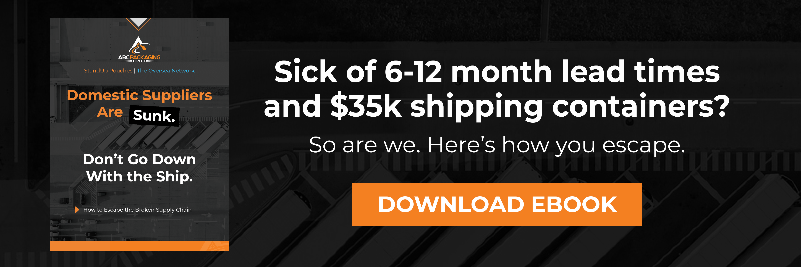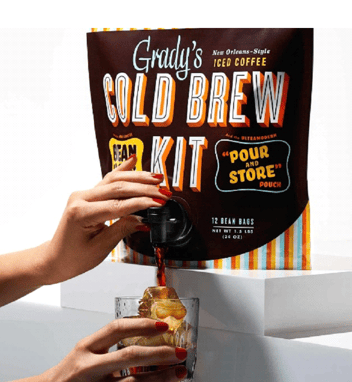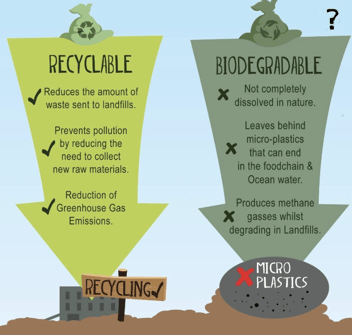Sustainable Packaging Isn't Optional Any More
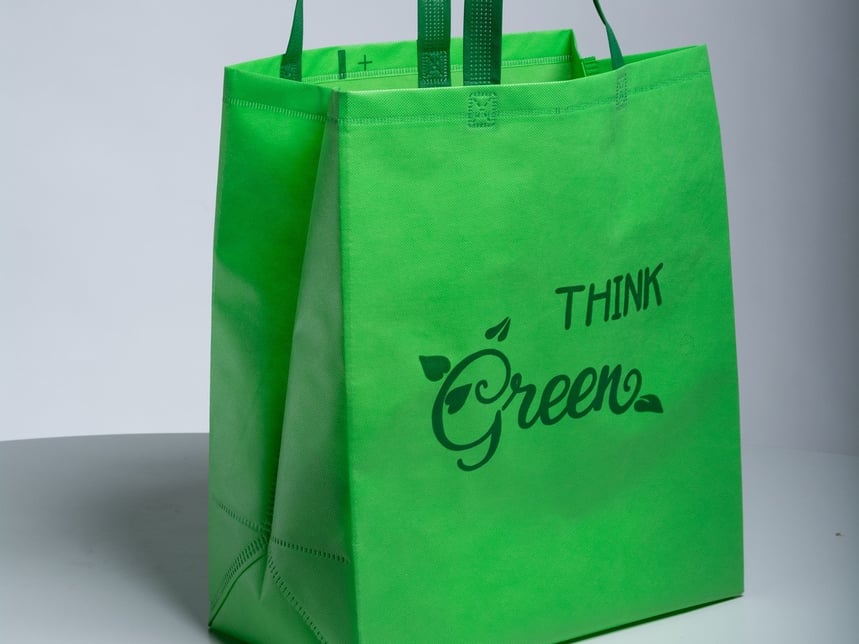
Brands worldwide are finally waking up. We’ve moved past the stage of ‘considering sustainable packaging options.’ It’s 2022, and consumers are all-in on environmentally-friendly packaging materials and styles.
You don’t have to take our word for it — the research says it all:
- 84% of consumers 44 years and younger are willing to pay more for sustainable packaging.
- 67% of consumers consider it important that the products they buy are in recyclable packaging.
- 58% of shoppers are “likely” or “very likely” to select products that use recyclable or reusable packaging.
- More than half of US consumers are highly concerned about the environmental impact of packaging in general.
- 85% of people worldwide indicate they’ve shifted their purchase behavior towards being more sustainable in the past five years.
What’s even more notable is that consumers are almost equally interested in recyclable/recycled plastic packaging and in fiber-based substitutes. In other words, you can certainly go for broke with splashy new sustainable packaging materials made from sugarcane, hemp, corn foam, or mushrooms — but you may not need to. Recyclable plastics (when clearly labeled with eco-conscious messaging) can be just as compelling to sustainable packaging-minded consumers.
The Clock Is Ticking…Your Move!
Major frozen food manufacturers are signing on to sustainable food packaging commitments such as the Ellen MacArthur Foundation’s Global Commitment to eliminate plastic pollution. Danone, Mondelez, and other leading brands have joined the effort with the aim of achieving 100% reusable, recyclable or compostable plastic packaging by 2025. That’s hurtling closer by the day.
The time for waiting is over. Brands that have lagged behind the eight ball need to embrace sustainable packaging right away or risk falling behind. It’s all over the news:
- “To respond to these changing consumer sentiments, the whole packaging value chain will have to adjust rapidly.” — McKinsey
- "The shift in consumer buying, with more consumers willing to pay extra for environmentally friendly products, reinforces the need for companies to increase their commitments to responsible business practices. Companies across industries have started to lead with purpose, including embracing the circular economy as a greater opportunity to drive growth and competitive agility." — Accenture
- “Millennials and Gen Z are becoming a force to be reckoned with as they continue to represent a larger share of the consumer demographic. Companies that don’t have sustainability as part of their core value proposition need to act now to protect against future reputational impacts and loss of market share. We’ve been on this journey for a while, but the clock is ticking and failure to think through the implications could have long-term consequences for traditional firms.” — Businesswire
Get Started With Sustainable Packaging
Some of the most impactful solutions are right in front of us, but too many brands are hesitant to try something new. Consider the beverages segment, and the institutional devotion to bottles and cans. Sure, rigid metal and plastic can be “recyclable,” but there are real opportunities to multiply your sustainable impact 10 or 20 times over by rethinking the rigid container religion.
Exciting flexible packaging options like the beer-soda pouch use 85% less plastic, take 95% less room to ship and store, and require a mere fraction of the energy to make when compared with traditional glass, metal, and rigid plastic packaging. It’s also important to recognize that even with recyclable plastics, some of them will inevitably end up in landfills due to individual consumers’ failure to recycle. The reduced landfill impact of packaging that disposes flat is a big deal.
Looking for more sustainable packaging solutions? Get in touch with ABC Packaging Direct — The Oversea Network and we’d be happy to show you some of the hottest examples of sustainable packaging that are taking the market by storm and rescuing sales margins to boot.
